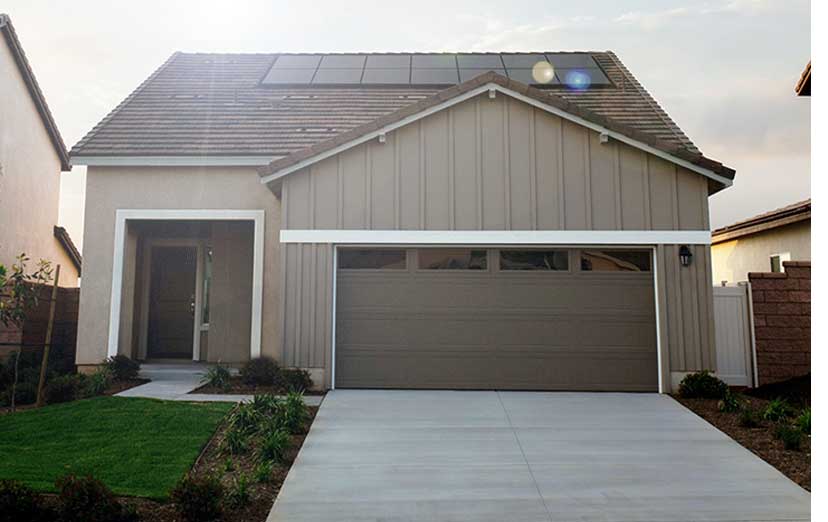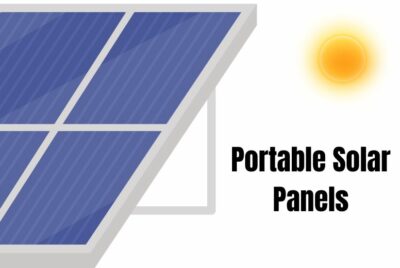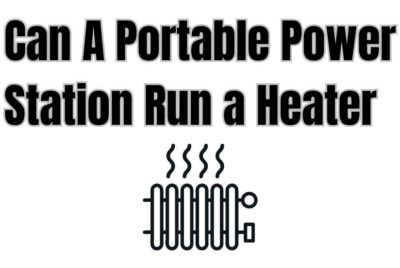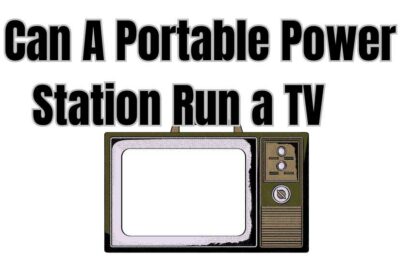Solar Energy and Grid Independence – An In-depth Exploration
I may earn a commission for purchases made through my links. It helps me run this site. Check out my disclosure for more details.
Grid independence – is it feasible? Well let’s look at the past before that question is answered so we can gauge where this is all heading.
History and Evolution of Solar Energy
The history of solar power stretches back to the 7th century B.C. when magnifying glasses were used to concentrate sun’s rays to make fire. However, the photovoltaic effect, which is the principle modern solar cells operate on, was discovered in 1839 by a French physicist named Edmond Becquerel.
The evolution of solar energy has been substantial since then, from the creation of the first genuine solar cell in 1883 to the manufacturing of silicon-based solar cells in the 20th century that dramatically improved efficiency.
Present and Future Applications of Solar Energy
Today, solar energy is widely used for a variety of residential, commercial, and industrial applications. From powering homes and offices to charging electric vehicles, solar energy is paving the way for a renewable future. So, with the advent of newer technologies, we expect even broader applications of solar energy in the future. Innovations such as solar windows, solar thermal fuel, and floating solar farms represent just the tip of the iceberg.
Diving into the Concept of Grid Independence
The Basics of Grid Independence
Grid independence, also known as off-grid living, represents a lifestyle where you can be completely or substantially independent from the public utility grid for your power needs. So basically individuals or communities can achieve grid independence by using renewable energy sources like solar, wind, or hydro power, often combined with an energy storage system like batteries which you’ll find inside portable power stations.
Unpacking the Many Sides of Living Off-The-Grid
Grid independence is not just about electricity. It extends to water (via rainwater collection or wells), heating (using geothermal or solar thermal systems), and even waste management (using composting toilets or waste-to-energy systems). However, it’s essential to note that achieving total grid independence requires careful planning, initial investment, and sometimes changes to lifestyle or habits.
Grid independence offers various benefits, including reduced dependence on fossil fuels, immunity from power grid failures, and potential cost savings over time. It also provides a sense of empowerment, contributing to sustainability and resilience on a personal and community level.
Unveiling the Pros of Solar Energy and Grid Independence
Championing Environmental Sustainability
Solar energy is one of the cleanest sources of energy, significantly reducing greenhouse gas emissions. By adopting solar power and striving for grid independence, you can substantially decrease your carbon footprint, contributing to the global efforts against climate change.
Unlocking Energy Savings
Despite the initial costs, solar power can lead to significant energy savings in the long run. Once your solar panels and solar generators are paid off, the electricity they generate is essentially free. And heres a great financial incentive, in some regions, you can even sell the excess power back to the grid, turning your solar power system into a passive income source.
Enhancing Energy Security
With solar energy, you’re not at the mercy of fluctuating energy prices or potential blackouts. Your energy production is right there on your rooftop or garden, providing you with a sense of security and independence.
Boosting Home Value
Homes with solar energy systems often attract a premium price compared to those without. As more and more buyers appreciate the value of renewable energy, having a solar system can be a significant selling point if you decide to move.
Addressing the Cons of Solar Energy and Grid Independence
Confronting the Initial Installation Cost
While the costs of solar panels have been steadily decreasing, the initial investment can still be significant. This includes the cost of the panels, generators (energy storage systems) and smart panels for circuit integration, along with installation and wiring.
Managing Weather Dependence
Solar energy generation depends on sunlight, meaning it’s less effective in regions with less sunlight or during periods of bad weather. That’s why a reliable energy storage solution or a backup power source is crucial for those opting for grid independence.
Space Requirements for Solar Panels
Solar panels require a significant amount of space for installation. For those with limited roof space or living in densely populated areas where backyard or garden space is limited or non-existent, installing sufficient panels to cover all energy needs can be challenging.
Getting off the Roof
Many panels today comes in the unique briefcase folding shape which means you can store them on the ground. These folding or portable solar panels, are compact, lightweight, and designed for mobility. They get their name from their design – when folded up, they resemble a briefcase, making them easy to carry and store.
These solar panels work the same way as their larger counterparts installed on roofs. They convert sunlight into electricity, which you can use to power a variety of devices. However, their smaller size and portable nature mean they usually provide less power output than larger, fixed panels.
Briefcase solar panels are perfect for outdoor activities like camping or hiking, where you might need to charge devices like phones, laptops, or even portable power stations. They’re also handy for emergency backup power situations. They often come with built-in stands, so you can angle them towards the sun for maximum efficiency.
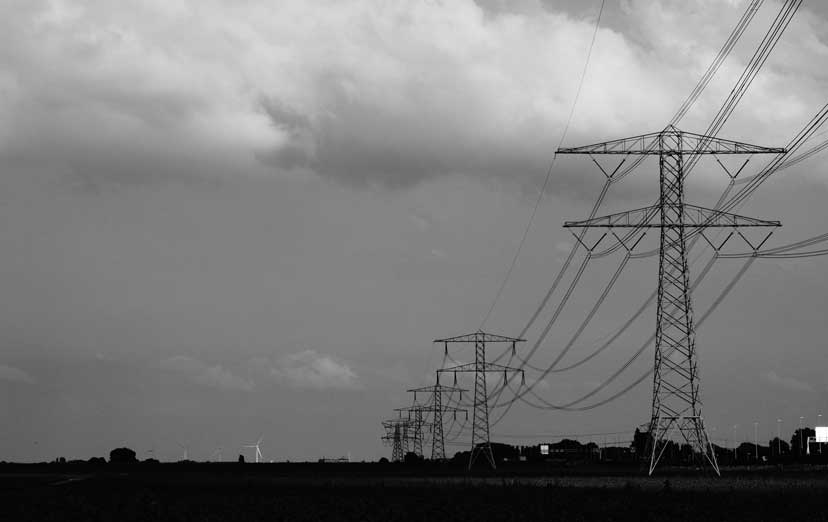
Solar vs Other Renewable Energy Sources: A Comparative Analysis
When considering renewable energy sources, it’s worth comparing solar power with alternatives like wind and hydro power. Each has its unique advantages and limitations. For instance, while wind energy can be harnessed day or night, it’s reliant on consistent wind speeds, which aren’t available everywhere.
Hydro power can generate massive amounts of electricity, but it’s dependent on substantial water flow, making it unsuitable for many regions and this can only be done on a national and governmental level. Solar power, on the other hand, is universally available, though its efficiency can vary based on weather conditions and geographical location.
A Peek into the Future: Advanced Solar Technologies
Advanced solar technologies, like perovskite solar cells, promise higher efficiencies and lower costs. Bifacial solar panels can produce energy from both sides, increasing their output. Solar tracking mounts move the panels to follow the sun, maximizing their exposure. Discussing these technologies with your solar installer or purchase these high efficient panels if you are installing them yourself.
Making Solar Affordable: Financing Options for Solar Systems
Despite the initial costs, several financing options can make solar systems affordable. Solar loans allow you to borrow money to pay for the system and installation. Solar leases or power purchase agreements let you use a system installed by a third-party owner, where you pay for the electricity it generates. Community solar programs allow you to buy or lease a portion of a shared solar system.
Safety Measures and Common Pitfalls
While professional installation is recommended for solar systems, some of you will have the experience and skills to consider a DIY installation. This requires a thorough understanding of electrical systems, local building codes, and safety procedures. It’s essential to use proper safety equipment, avoid working in wet conditions, and ensure the roof can bear the weight of the panels.
Solar generator power stations require minimal set up, but you are best to seek professional installation if you are connecting it to your home circuits via a smart panel.
Solar Solutions for Renters: Navigating the Challenges
Renters can also benefit from solar energy, despite not owning the property. Portable solar solutions are an option, with products available that can power individual appliances or entire apartments. Alternatively, renters can discuss permanent installation with their landlords, highlighting the potential for property value increase.
Heres another option if its available in your locale; community solar programs offer a chance to benefit from solar power without any installations, where renters can buy or lease part of a shared solar system located off-site.
Case Studies
A case study from the International Renewable Energy Agency (IRENA) discussed the rapid rise of solar power and grid independence in the early 2020s in Germany. It mentioned that due to financial incentives and declining costs, many households and businesses installed solar panels and battery storage systems. This allowed them to become largely independent from the grid, and to save on energy costs.
Another report from the US Energy Information Administration (EIA) showed that the use of solar power for electricity generation in the United States has more than doubled since 2016. This increase was largely driven by residential installations, indicating a growing trend towards grid independence among homeowners.
The outdoor foldable solar panel market is set to grow by 20% from 2023-2028 according to HTF Market Intelligence.
FAQS
What is the lifespan of solar panels?
Most solar panels can last between 25 to 30 years or even more. However, their efficiency gradually decreases over time.
Can I completely go off-grid with solar energy?
Yes, with a sufficiently large solar system and an efficient energy storage solution, you can potentially go completely off-grid.
Is solar power efficient?
The efficiency of solar panels typically ranges from 15% to 20%, but advancements in technology are continuously improving these figures.
What happens during a power outage?
If you are grid-tied, your system will shut off during an outage for safety reasons. If you have an off-grid system with battery storage, you can still have power during an outage and you will be up an running within milliseconds.
Are there any incentives for switching to solar power?
Many regions offer financial incentives for solar power, including tax credits, rebates, and feed-in tariffs for returning excess energy to the grid. These can significantly offset the cost of installing a solar power system.
Final Thoughts….
There are lots of good reasons for grid independence. Financial, economic and environmental. Survivalists, preppers and campers will also like the freedom of not being shackled to the grid. Just grab your pre-charged solar generator and head out to the wilderness for a weekend. Cut back on your energy bills by using your solar solutions.
Keep your appliances and devices going when a blackout or hurricane hits. There’s an old saying that goes, fail to prepare, prepare to fail.

